55% of Toronto residents are first or second generation immigrants. Of the Christian Torontonians, fully half are Roman Catholic. That means while Churches in the rest of Canada are quite empty for Sunday masses, Toronto Catholic Churches are always full. The first generation immigrant, misfortune-afflicted nothwithstanding, rarely
lets go of his God. However, the grip of faith doesn't last much beyond the first generation.
Take the Portuguese and the Italians for example. You will find old widowed Portuguese women in their traditional neighborhood enclaves of mid-town Toronto, trudging to church for a weekday evening mass even in the bitterest of cold snaps. Their children and grandchildren on the contrary, are only seen in the Church or the Rectory when they require certificates for marriage or citizenship. They go as Catholics but do little to profess their faith. I am not being judgmental, merely observant. Christmas and Easter to them are times to visit their parents for a good meal and exchange presents - nothing more.
The Filipino and the Goan communities on the contrary, hold on to their religion much more strongly than they did in the countries they came from. This is a phenomenon that never fails to amaze. Take the West Indian Hindu community for example. Brought to Trinidad, Guyana and other WI island nations by the Brits as indentured labor in the 18th century to tend to the sugarcane crops or work on other plantations. They were glad to escape the rigors of their Harijan life in Bihar or UP. Today, they have shed all likeness to their ancestors and exhibit all the characteristics of their black, white, chinese and portuguese island brethren except one. They hold on to their traditional Hindu beliefs many of which you will not find in India any more. Perhaps in a world of fleeting changes, some values act as anchors.
Catholicism in Canada is the legacy of the French Quebecers. They came to the New World as faithful subjects of their Kings and their Popes and fought the British who were Protestants, quite fiercely. They carved a home for themselves in what was then called Lower Canada and is now the Province of Quebec. Larger in area than even Ontario, Quebec became more prosperous than it's Anglo neighboring province. Montreal was THE city of Canada. The largest corporations were headquartered there and the city had a distinct European flavor that it's rival Toronto envied. Toronto was known as the good. The plain would have been a better description. Before that, Hogtown, as pigs to be slaughtered were brought to the city's meat packing plants.
Montreal on the contrary was smooth, sophisticated and a gourmet's paradise. All that changed when the Quebec government insisted on undue emphasis on the French language. The province emptied out it's riches which relocated to Ontario and British Columbia.
Montreal now holds only its grand relics of Catholicism. The Cathedral of Notre Dame, its St Joseph's Oratory and its manifold places of worship all along the St Lawrence River. No tourist to Toronto misses a visit to any of these. The Churches are mostly empty and in rural Quebec, it's much worse. None of the handful of people who patronize them are under 70 except for Goans who have populated Montreal and its surrounding cities from the days when Goan immigrants to Canada came to Montreal, not Toronto to build their new lives.
Toronto is a very immigrant friendly city. Cuisines from every country are served at its ethnic restaurants, while Greek, Italian and Portuguese food places have long since been considered almost mainstream. There are hardly any Goan restaurants (one to be exact) and that's a shame. Granted that the restaurant business is fiercely
competitive in Toronto, it is still surprising that not one Goan restaurant has survived over the years. The owners blame it on the reluctance of Goan patrons. They say that Goans look at the restaurant offerings and think "I eat better and cheaper at home". The patrons blame it on poor service, unimaginative decor and reluctance to invest for the long haul. The truth as usual is somewhere in between.
The Goan community I would say is split fairly equally down the middle as far as liberal and forward thinking views and values are concerned. There is the part of the community that has no problems with adapting to Canada. They are well socialized, change habits for the better and show no opposition to their sons and daughters marrying good people who are non-Goans and non-Indians. Their children are instilled with enduring values and education and they treat them and their peers in the community with respect. But there is that other section too. The people who have not changed much despite living in the western world for considerable time. They feel they are unjustly treated at jobs, they are beyond strict with their children, making no concession to modernity. Some of them are still caste-ridden. They might as well have remained in some backwoods of Goa. This difference between the two sections of the Goan community has no relationship to affluence or acquired wealth. It's just their state of mind, mostly a hangover of their upbringing. But then isn't that true of Goan communities everywhere? Even in Goa are not Goans split into such a division?
Toronto Goans though, truthfully are one of the most generous of the diaspora. Their hospitality rivals with that seen in Goa 50 years ago. They are friendly, they are helpful and to the new Goan immigrant they will stretch themselves no matter the lack of appreciation from the people they have helped and who are now well-settled. Gratitude sometimes seems a failing of certain sections of the community. But that is neither here nor there.
Education: India’s Achilles Heel
7 years ago

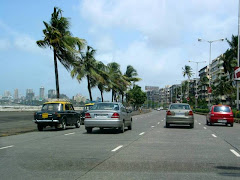
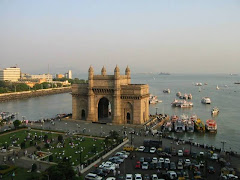
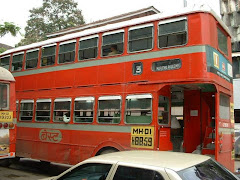
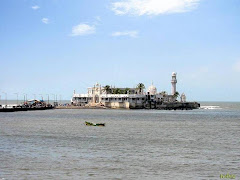
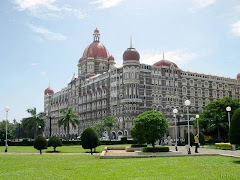
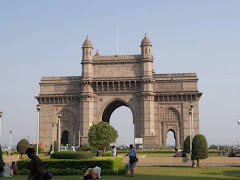
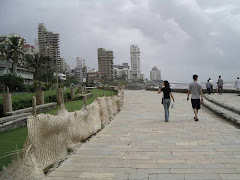
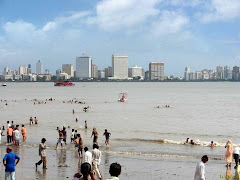
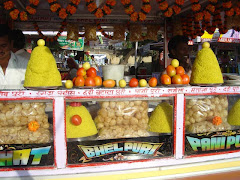
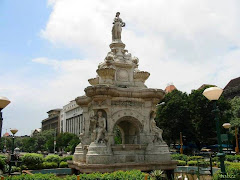
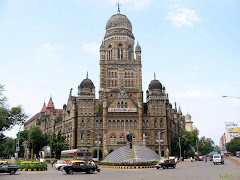
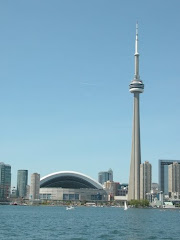



No comments:
Post a Comment